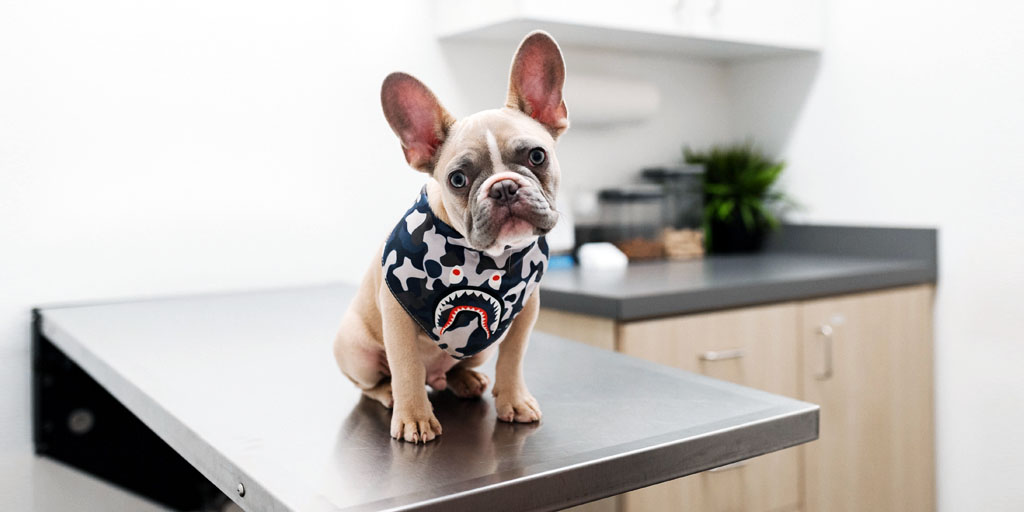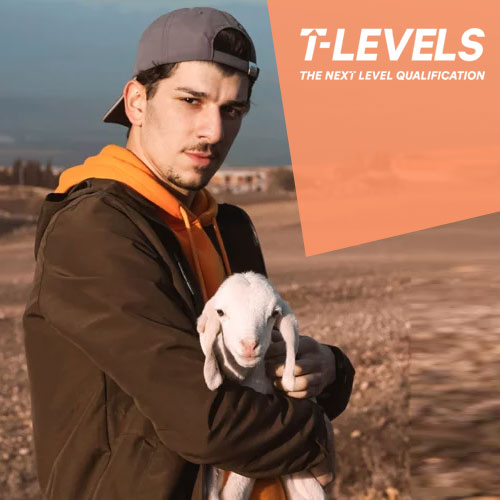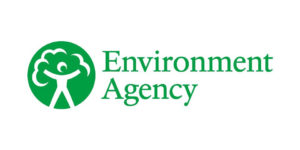
How to become a Veterinary Nurse
Combine your love for animals with training to become the perfect go-to human for all animals in need.
Getting into veterinary careers
If you love animals and want to help nurse them back to health, you could make the life of pets a happier one as a veterinary nurse. You’ll be carrying out medical care in the world of animal health, but you don’t need a degree to do this job. Read on for useful work experience and qualifications to get you started in a purrfect career.
It’s a Vet’s Life
You’ll help the veterinary surgeon in all sorts of ways, from calming animals to taking x-rays, keeping instruments spick and span and helping to keep animals sedated during life-saving operations. You could work with all creatures great and small… from beloved family pets like Fluffy and Spot to animals in a zoo!
How Much Money Can You Earn As A Veterinary Nurse?
These LMI Job Trends give you a sneak peek of how much you could earn starting out for this career, and how much your salary could grow with experience.
Salary guide for veterinary jobs
Recent labour market information says you can earn on average between £18,000 and £26,000 a year as a veterinary nurse in the UK.
Your starting salary can vary because of factors like level of experience, training, or location. Your salary will increase over time as you build skills, knowledge and experience.
Green Careers and Animal / Environmental Careers FAQs
Is there something you’d like to know about environmental careers?
- DID YOU KNOW? You can get into these careers with T Levels!
- 5 tips on getting environmental jobs
- Green careers with the Environment Agency
- What are the UK’s best-paid environmental jobs?
- 5 reasons to explore ABP food industry careers
- You can get health & safety apprenticeships that help you study for a FREE degree!
- Nature volunteering can help your confidence and CV
Skills You Need To Become a Veterinary Nurse
Useful Skills To Put On Your CV:
- Self-belief skills to help you handle animals in a confident and soothing way
- Communication and customer service skills – you will need to be tactful and sympathetic with pet owners
- Administration and IT skills to keep records on pets up to date and work on the reception desk as needed
- Practical skills to assist with cleaning the veterinary practice and equipment, as well as being able to handle larger animals like the larger dog breeds
Top Skills-Boosting Tip
Your self-belief skills will grow over time as you learn through experience, working with animals of all breeds, shapes and sizes to help the veterinary practice keep them in tip-top shape.
How Do You Get These Skills?
Vocational qualifications and work experience will help you build these skills over time.

Build Your Skills With the FREE Young Professional Programme
What Qualifications & Training Do You Need For Veterinary Careers?
School, college and training
Normally you’ll get started through the RCVS veterinary nurse training scheme. It usually takes around two years to complete, and leads to Level 2/3 diplomas in veterinary nursing.
To get on this course you must:
- Have five GCSEs grades 9-4/A*-C (or the equivalent) including English, maths and a science subject (i.e. biology, chemistry or physics)
- Be working as a veterinary trainee in a training practice that’s registered with the RCVS.
Alternatively, you can do an RCVS-approved higher education course in veterinary nursing. Together with your GCSE qualifications, either being employed as a trainee or going on a relevant higher education course will enable you to take part in the RCVS veterinary nurse training scheme.
Once you’re on the scheme, you’ll carry out a range of supervised nursing activities as part of your training. You’ll normally work in a practice but also have college-based training on day or block release, with exams at the end of the first and second year.
Animal Care Vocational Qualifications
An HND in veterinary nursing normally takes two years.
Animal Care BTECs
You can do BTECs in Animal Care once you turn 16.
Animal Care T-Levels
T-Levels are a choice for learners after GCSEs alongside apprenticeships and A-levels. During a 2-year programme, you can learn the main knowledge and skills needed for entry to a range of animal care and management careers.
Animal Care Apprenticeships
You can seek out veterinary nursing apprenticeships with organisations like Find an Apprenticeship and the PDSA.
University degrees and graduates
You can do:
- Foundation degree in veterinary nursing
- Degree in veterinary nursing (normally takes three or four years)
To get on a foundation degree in veterinary nursing, you may need one A-level (or two H grades). To do a veterinary nursing degree, you will usually need two A-levels (or three H grades) along with your GCSEs or their equivalent.
Career Progression
As a veterinary nurse you could move on to become a supervisor or manager. You could take on more responsibilities, like training new staff or working in veterinary supplies.
With extra training you could specialise in working with animals in zoos, wildlife parks, charities, kennels or pharmaceutical companies.
What Work Experience Do You Need For Veterinary Nursing Jobs?
Work Experience Tips
To become a veterinary nurse it will help you to have previous work experience caring for animals. This will help you demonstrate to employers that you can be motivated to work with all creatures, not just your favourites.
Aim to get relevant work experience to build your CV as early as you can. This can involve:
- Pet-sitting for your neighbours over the holidays
- Jobs, work experience or placements in kennels and catteries
- Animal care and veterinary placements.
Volunteering Tips
Any extra-curricular time you spend looking after animals or working with them will really help you get a feel for what’s involved in this career, and if you would enjoy doing it.
- Look for volunteering opportunities with an animal charity
- You can also explore volunteering opportunities to work with animals abroad.
What Does A Veterinary Nurse Do?
Knowing a little more about veterinary nursing will help you show employers that you understand what this job is about. It can also help you decide if it’s right for you.
Example daily job responsibilities
- Speaking to pet and animal owners – this could be to reassure them that their pet is in safe hands, or to find out more about the nature of the problem
- Handling animals and keeping them calm while they’re being examined and treated by a vet
- Collecting samples for diagnosis (these can include blood and urine)
- Administering injections and medicine to animals when needed
- General cleaning activities – including the sterilisation of surgical instruments
- General cleaning activities – including the sterilisation of surgical instruments
- Carrying out simple lab tests and taking x-rays
- Supporting the vets during operations, for example by handing them instruments or checking anaesthetic levels to ensure the animal patient is properly sedated. You will also help to prepare the animals for treatment before their operation.
- Updating records and helping out in the reception area as needed.
How To Find Veterinary Nursing Jobs: Next Steps
To find jobs for young people in this role, search on jobs boards for early career roles with these words in the title:
- Student veterinary nurse
- Veterinary nursing apprentice
- Veterinary nursing trainee
You can also take a look at our database of local opportunities to see if there are any relevant jobs, work placements, or careers events and workshops to help you get started.
These websites might be able to help you find veterinary experience or a veterinary role that’s a good fit for you:
Get Into Land, Animal & Environment Careers With Youth-Friendly Employers
These employers and organisations are here to help. They care about your potential and desire to learn, not just your qualifications and experience. They may be able to offer traineeships, apprenticeships, graduate schemes, first jobs, careers advice, wellbeing support and much more.
Agriculture, Animal & Environment Career Tips & Opportunities
Have You Thought About These Agriculture, Animal & Environment Careers?
View job descriptions with average UK salary, useful qualifications and a wide range of routes into each career.
See All Our Youth-Friendly Employers

























YES! I Want More Free Careers Help...
So what are you waiting for? Grab your future.





























